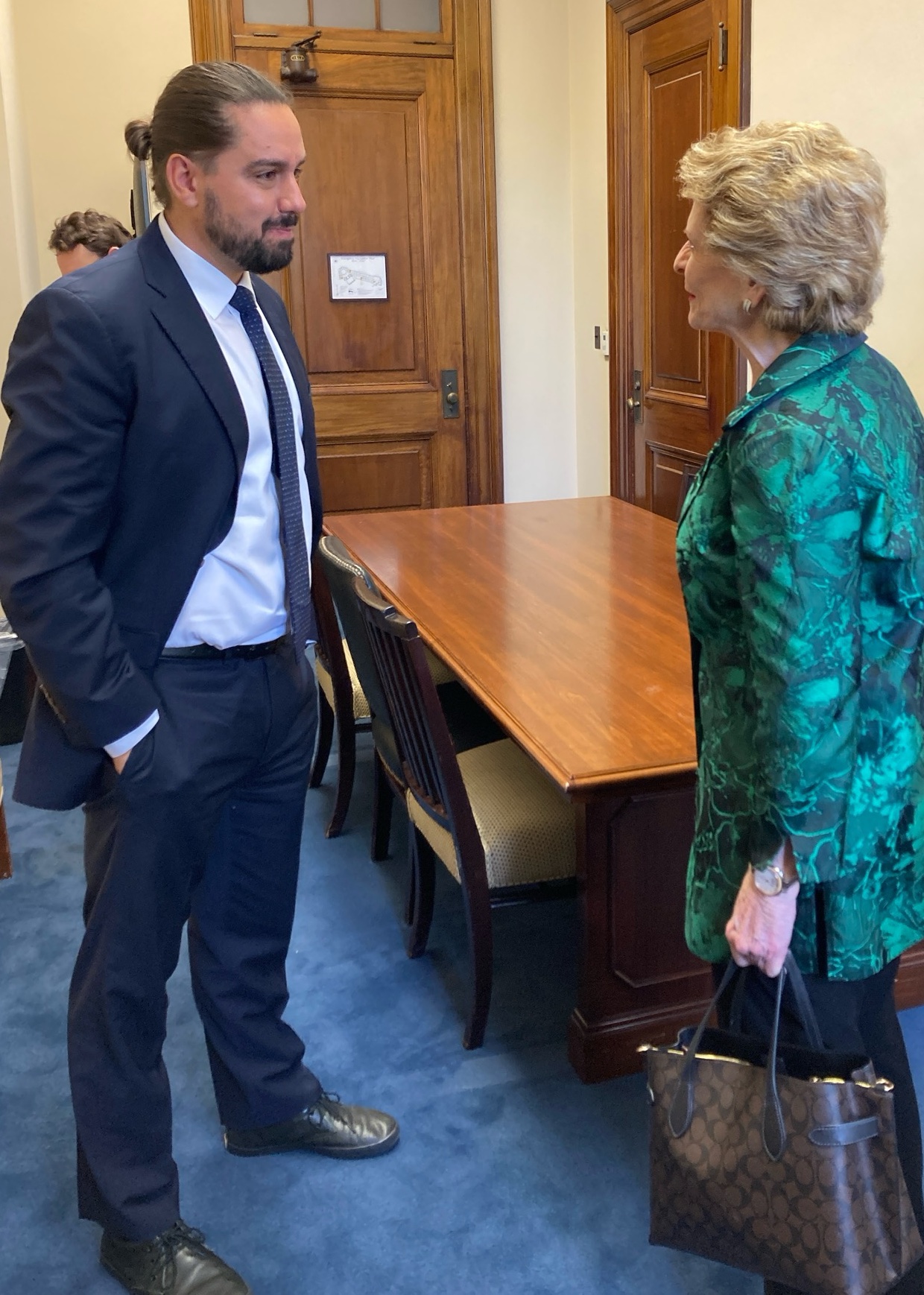David L. Ortega is a professor and Noel W. Stuckman Chair in Food Economics & Policy. He has been a faculty member since 2013.
Food is a universal connector — it transcends cultures, borders, and even political ideologies. Whether it’s around the dinner table, at a community farmers’ market, or within policy discussions, food binds us together and sparks essential conversations. That's why I’ve made it a priority to communicate insights from the research my students, collaborators, and I conduct in ways that resonate with people’s lived experiences. Our work has focused on pressing issues like food price inflation and other critical challenges affecting agri-food systems, both domestically and globally.

Over the past four years, we’ve witnessed a series of unparalleled events — ranging from the COVID-19 pandemic and Russia’s invasion of Ukraine to the recent bird flu outbreak — that have all contributed to rising food prices. These issues ripple across the entire food supply chain, affecting not just consumers but also producers, agribusinesses and everyone responsible for bringing food to our tables.
A key element of my work is translating complex research findings into what I call “data-driven storytelling.” Working with the media has allowed me to communicate food economics research to a broad audience, bridging the gap between academic insights and public understanding. It’s about connecting research to real people, allowing them to make better-informed decisions about their food and their lives. Research insights are often more easily digested while listening to a podcast or scrolling through a newsfeed. This approach builds trust in research and fosters deeper engagement with audiences, from the public to policymakers. These collaborative outreach efforts have allowed my work to inform national agricultural and food policy, including testifying before the U.S. Senate and House Agriculture Committees.
As we look ahead to the presidential election this fall, many are wondering how the election and who wins the presidency will affect food prices. The reality is that while the president has little direct influence on food prices, the economy becomes a central focus during election season. This is why it's so important to critically evaluate the economic proposals that are put forward — they can have a real and lasting impact on people’s lives. The supermarket has become one of the most visible symbols of inflation in the U.S. We shop for groceries much more frequently than we pay for things like haircuts, plane tickets or cars, so consumers feel the impact of rising food prices more often and more acutely. This makes food prices a particularly pressing issue, one likely to resonate strongly with voters in the upcoming election.
I’m committed to ensuring that the research that my students, collaborators, and I conduct here at MSU is translated into real-world impact. Research is essential, but it’s through outreach and policy engagement that we can drive the most significant change. I’m excited about what’s ahead.
MSU offers a vibrant research environment, allowing faculty to work across departments and disciplines. With some of my work focused internationally, particularly in emerging economies in Asia and Sub-Saharan Africa, I’ve had the opportunity to learn about global issues that hold relevance for Michigan and beyond. Whether I’m traveling for a project or connecting with Spartans around the world, it’s remarkable to see the global impact of our work at MSU. Spartans truly are everywhere, making it easy to build networks, collaborate on meaningful initiatives, and make an impact in every corner of the world. No matter where these connections take us, food remains at the center of our conversations, reminding us of its power to unite and drive meaningful change.